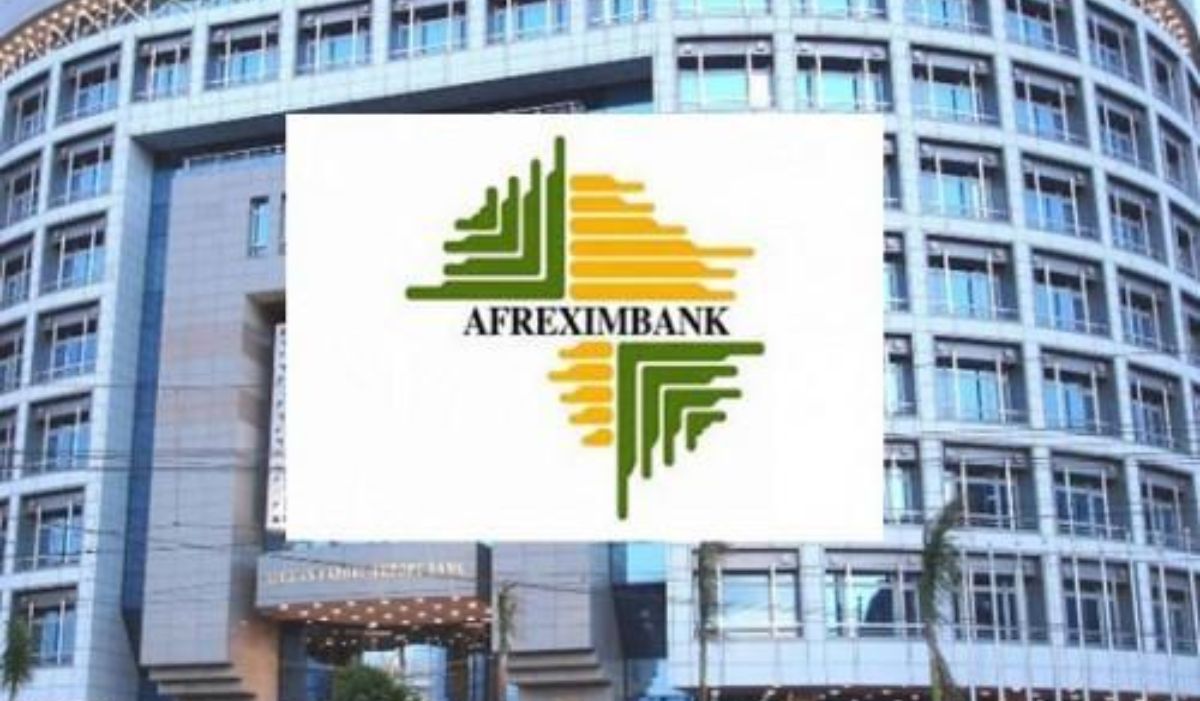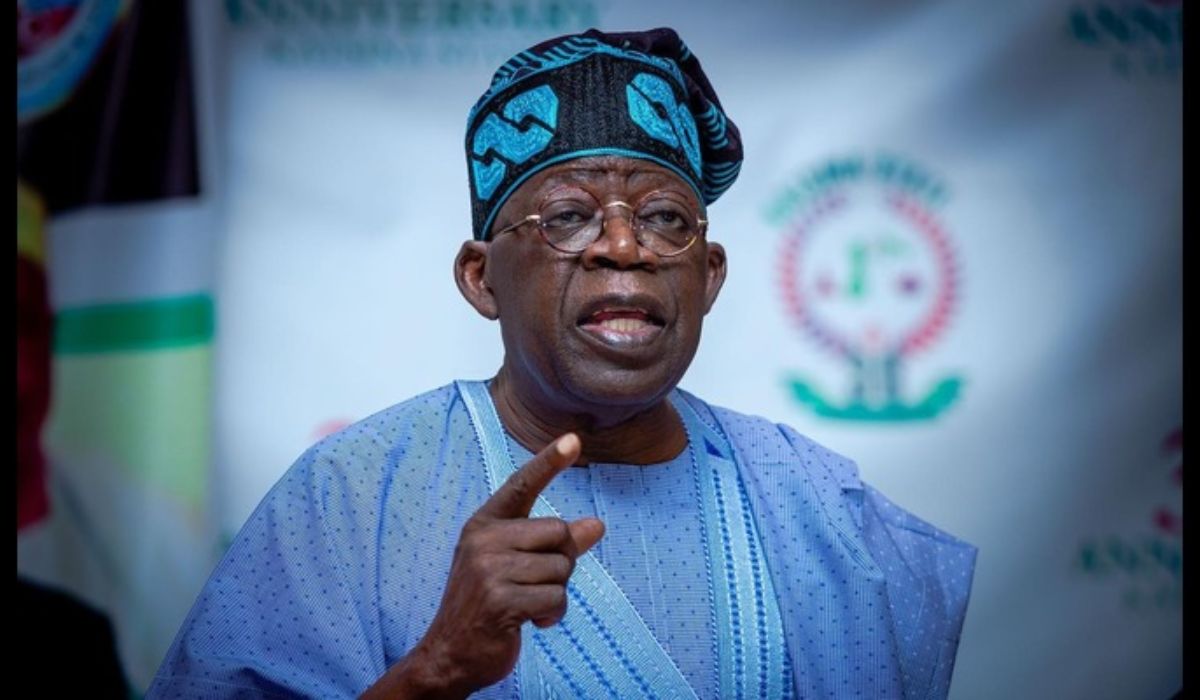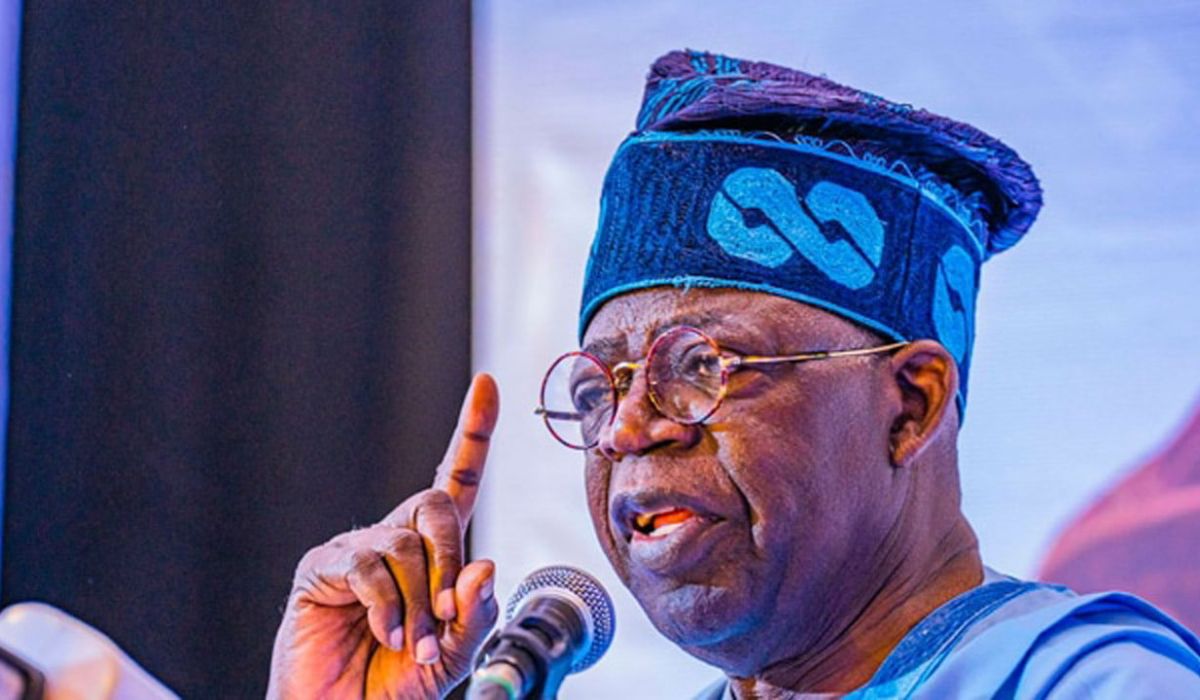Afreximbank Flags $100bn Trade Finance Gap Threatening AfCFTA Goals

The African Export-Import Bank (Afreximbank) has identified a critical $100 billion annual trade finance shortfall that threatens to undermine the African Continental Free Trade Area’s (AfCFTA) potential success.
This finding was revealed in Afreximbank’s latest publication, African Trade Report 2025: African Trade in a Changing Global Financial Architecture.
“Africa faces about a US$100 billion annual trade finance gap. This severely limits the ability of small and medium enterprises, which make up 80 to 90 per cent of businesses on the continent, to engage in regional trade,” the report states.
The analysis reveals that African banks dedicate merely 18 per cent of their trade finance portfolios to supporting intra-continental commerce, demonstrating a preference for external market transactions.
Afreximbank attributes this financing deficit to multiple factors, including elevated borrowing costs and restrictive international banking standards, such as Basel IV regulations, which particularly impact the growth prospects and regional integration capabilities of small and medium enterprises.
“The AfCFTA is designed to boost intra-African trade, but its success hinges on closing this gap. Initiatives like Afreximbank’s $17.5 billion trade finance disbursements and PAPSS are critical steps, yet broader access to affordable credit and harmonised financial regulations remain urgent priorities to unlock the full potential of the continental agreement,” the bank noted.
The report also documents Africa’s diminishing presence in global export markets, with the continent’s share declining from 3.5 per cent in 2009 to 3.2 per cent in 2023, primarily due to geopolitical conflicts and protectionist trade policies.
“The rivalry between the United States and China over semiconductors and critical minerals disrupts supply chains, limiting Africa’s participation in high-value sectors like electronics. Meanwhile, global protectionism, including the European Union’s Carbon Border Adjustment Mechanism and tariffs imposed by the United States, threatens African exports,” Afreximbank explained.
The institution highlighted Africa’s strategic position regarding critical minerals such as cobalt and lithium, while cautioning against exploitative partnership models that offer minimal local value addition.
“Strengthening African-led value chains by establishing the AfCFTA and investing in infrastructure and digital finance are essential to enhance resilience and reduce reliance on volatile global markets,” the bank recommended.
The report’s launch took place during the ongoing Afreximbank Annual Meetings on Wednesday, with key figures in attendance including Prof. Benedict O. Oramah (Afreximbank President), Vice President Kashim Shettima’s representative Mr. Tope Fasua, and Senior Executive Vice President Mr. Denys Denya.
The African Union recognises the AfCFTA as a flagship initiative under Agenda 2063, Africa’s comprehensive development blueprint. The trade area received formal approval during the 18th Assembly of Heads of State and Government in Addis Ababa, Ethiopia, in January 2012.





